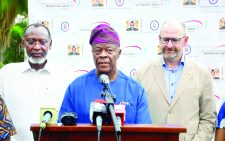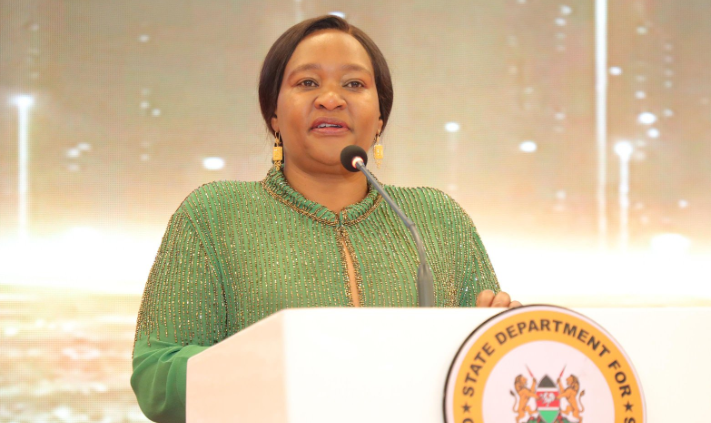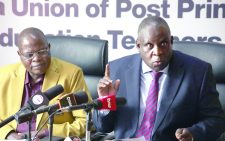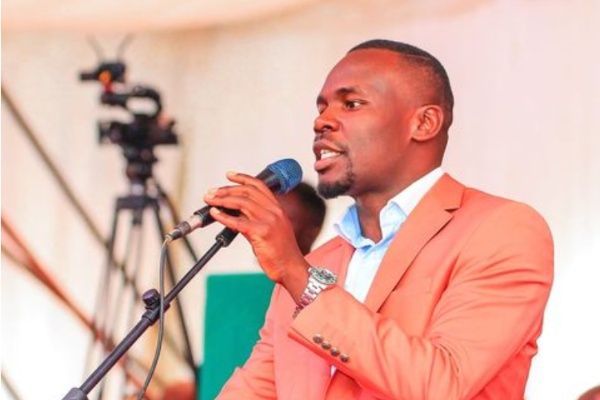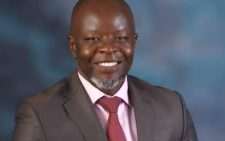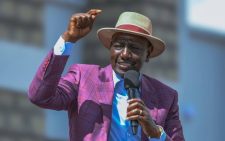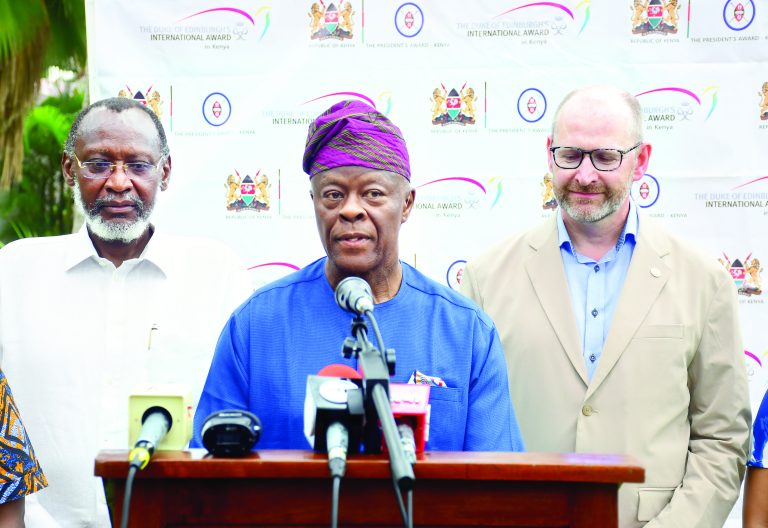Agencies roll out plans for 2022 elections
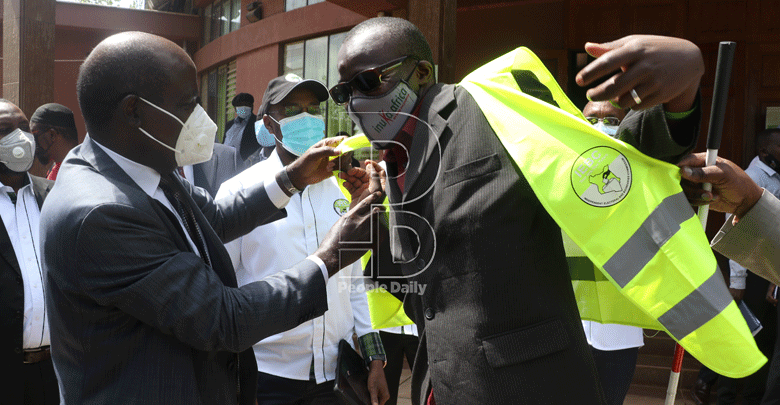
Zadock Angira and Hillary Mageka
Interior Cabinet Secretary Fred Matiang’i yesterday held a high-level meeting with regional and county commissioners as preparations for the 2022 elections gained momentum.
The meeting, to lay ground for next year’s General Election, came barely two days after the Independent Electoral and Boundaries Commission (IEBC) warned both current and aspiring politicians that it will only clear those in possession of a university degree.
Rattled by the warning, the County Assemblies Forum (CAF) vowed to move to court to challenge the degree requirement.
Belgut MP Nelson Koech separately indicated he will propose amendments to the increasingly controversial degree requirement to forestall its implementation in the next General Election.
Electoral violence
Yesterday’s meeting was aimed at formulating election preparedness plans by identifying the threats and how to deal and mitigate them.
Speaking during the meeting, Matiang’i said the government was determined to conduct violent-free polls and urged for cooperation from all stakeholders to achieve the goal.
“A closer review of the political dynamics in the country, mirrored by the previous by-elections, points to possible conflict and electoral violence in 2022, which calls for all to ensure this does not come to pass,” he said.
“We must not have demonstrations before or after the polls and this is achievable. Elections are not a moment to perpetuate ethnic politics, hatred and to champion personal differences,” he added.
Matiang’i said the country needed leaders who inspired conversations that deepen the people’s confidence in the government of the day, adding that there was need for enhanced peace initiatives, including monitoring of conflict early warning signs, to provide real-time response.
Increased cases of kidnappings were also cited as part of the major threats of stability in the country.
The security chiefs said the bodaboda operators were being sponsored and protected by some politicians and operate with impunity.
“Apart from them being enablers of crime, they are a menace to security at large and must be reined in at all costs if we intend to have peaceful time pre and post-election,” said Interior Principal Secretary Karanja Kibicho.
The meeting came as the electoral body also embarked on voter education campaigns ahead of the elections.
Speaking at the Bomas of Kenya on Tuesday, IEBC Chairman Wafula Chebukati outlined several measures the commission is working on to ensure the next election runs smoothly.
He, for instance, announced that the commission planned to deploy multiple servers and provide access to media, presidential candidates and public portals to enhance transparency during the elections.
Chebukati further noted that based on the 2017 election experience, the commission was looking to put in place multiple servers through which the public can scrutinise results real-time.
The electoral body also kicked off a week-long sensitisation programme in Kiambu County to prepare voters for the next election.
During the week, the electoral body aims to sensitise voters on the mandates and plans of the commission as well as registering new voters. Voters will also be given a chance to correct personal details and be allowed to change their voting centres.
Kiambu County Election Manager, Irene Mutai, who chaired the meeting, said the IEBC officials will reach out to as many voters as possible throughout the County while observing the Covid-19 regulations.
Mutai urged the police to maintain peace and order as they also provide security to the electoral officials during the exercise with the Media providing publicity of the Commission’s work.
“The national government, IEBC and the media cannot work without each other. We therefore need to work as a team for the right information to be passed to the public on what the Commission is doing,” said Mutai.
Political education
And with an eye on the 2022 election, President Uhuru Kenyatta on Monday urged the principals in the moribund National Super Alliance (Nasa) to move fast and re-unite with a view to clinching the presidency.
For the first time, Uhuru hinted that he would pick his 2022 successor from the four principals, among them ODM leader Raila Odinga, Amani National Congress (ANC) leader Musalia Mudavadi, Wiper leader Kalonzo Musyoka and Ford Bungoma senator Moses Wetangula.
Also in the equation is Kanu national chairman Gideon Moi, who has been coalescing around the One Kenya Alliance that brings together Musalia, Kalonzo and Wetangula.
President Uhuru said the unity of the Nasa chiefs will determine if they will form the next government.
The declaration, one of its first, knocks off Deputy President William Ruto from President Kenyatta’s succession matrix.
However, a defiant Ruto on Tuesday fired back at his boss saying he had abandoned the 8 million voters who supported their bids in 2013 and 2017 elections.
Yesterday, Matiang’i announced that a multi-agency team will develop Standard Operating Procedures on Peace and Security Management of the 2022 polls to guide the country through the elections period.
According to the CS, the government has adopted a multi-pronged approach that would also increase the level of consciousness through political education.
“This political education is aimed at not only bringing about the change of attitudes towards candidates but also enhancing the capacity of our people to interpret Kenya’s objective reality,” he said.
This will include the basic voter information that every voter must have to arrive prepared at the voting station and vote, sensitising the electorate on the importance of participating in elections and providing the background, attitudes, behaviours, and knowledge among citizens that stimulate and consolidate democracy.
He said Kenyans are looking up to the security chiefs as the last line of defence and directed them to start re-engineering their engagements with the public through public barazas that offer platforms for the dissemination of electoral information.
“Regulation of political activities should be enhanced to minimise hate speech and propaganda,” he said.
